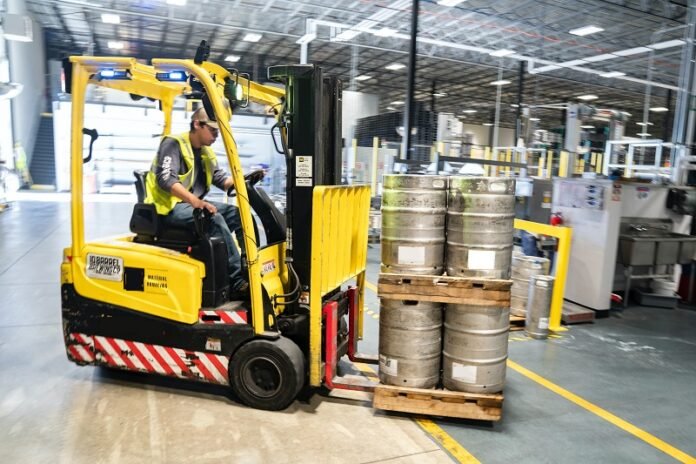Do you own an electric forklift and seek high-performance, reliable operation, and longevity? Have you ever pondered over the strategies to maximize the service life of your significant investment? If you’re nodding a yes, then you’ve landed the right place. Today, we’re going to delve deep into the innovative maintenance strategies to preserve the operational efficiency of your electric forklifts. We’ll help unravel the optimal ways to ensure these high-tech machines enhance your productivity without demanding untimely and costly repairs.
In this extensive discussion, we’ll explore the various tasks that form an integral part of an effective maintenance routine, the pros and cons of these strategies, and the right time to carry out the said tasks. By the end of this discourse, you’ll be well-equipped with comprehensive knowledge vital to the longevity of your electric forklift.
Why Regular Maintenance Is Crucial
The operating efficiency of electric forklifts is highly dependent on the regular and proper maintenance of its multifaceted constituting elements. A well-maintained forklift will stand the test of time, increasing your operative efficiency while ensuring a safer environment for your workers.
Although modern electric forklifts are more reliable, the complexity of their designs requires specialized knowledge for their upkeep. Additionally, maintenance can also help identify hidden issues that might not be apparent initially but could cause significant damage if ignored.
What Does Electric Forklift Maintenance Involve?
An effective electric forklift maintenance routine incorporates several tasks, such as cleaning and inspection of its components, timely replacement of worn-out parts, regular inspection of the cooling system, battery maintenance, and program updating.
Nowadays, predictive maintenance is a trend closely followed by many industries. It involves using sophisticated software to analyze the machine’s performance data, predicting potential issues before they evolve into major defects.
The Pros And Cons Of Regular Maintenance
There’s no doubt that regular maintenance offers numerous benefits. It maximizes the lifespan and efficiency of the forklift, reduces the probability of sudden breakdowns, ensures the safety of your operators, and ultimately, cost-effectively increases the machine’s performance.
However, one cannot ignore associated downtimes and costs. Yet, most agree that these are just minor setbacks when compared to the substantial benefits derived.
The Role Of Trained Professionals
While it’s tempting to handle some minor problems on your own, seeking expert advice and assistance from trained professionals can go a long way. This is because the complexity of modern electric forklifts calls for specialized knowledge.
When Is The Right Time For Maintenance?
Ideally, maintenance schedules should adhere to the manufacturer’s guidelines. However, unplanned situations may call for unforeseen maintenance, which, if left unattended, can result in catastrophic failure.
Incorporating Smart Technologies
Nowadays, the use of smart technologies in maintaining forklifts has gained significant attention. These innovative strategies involving IoT and AI, provide comprehensive data, facilitating predictive maintenance, minimizing downtime, and enhancing operational efficiency.
Conclusion
To sum it up, maintaining your electric forklift is not just about keeping it running; it’s about enhancing its life, efficiency, and ensuring safety, reducing overall expenses, building trust among your employees, and ensuring a smooth operational flow. The importance of regular maintenance, although involves cost and downtime, cannot be diminished. The role of trained professionals, the use of smart technologies, and adherence to a disciplined maintenance schedule are vital elements in ensuring the optimal performance of your electric forklifts.








